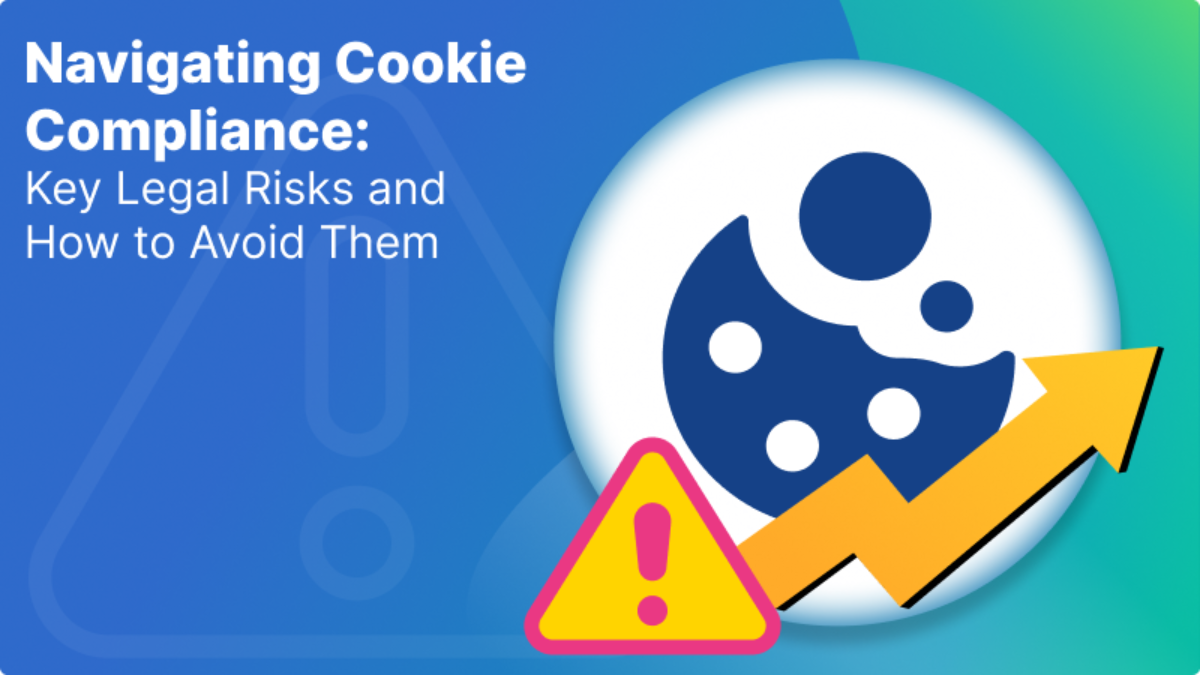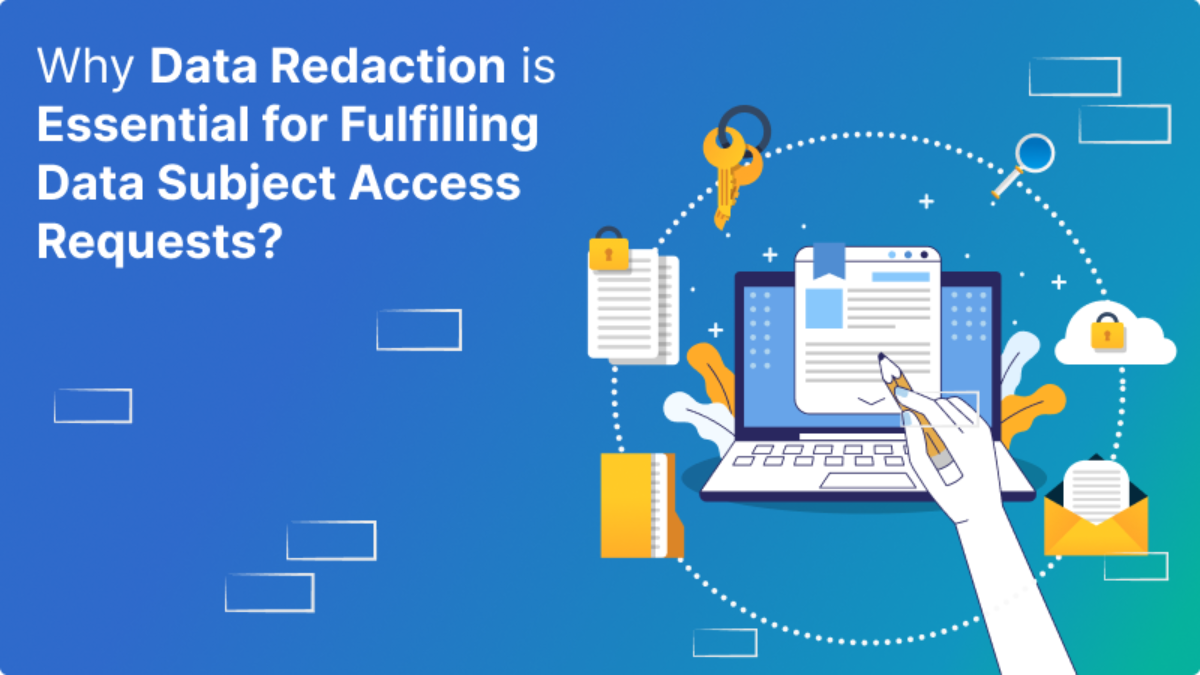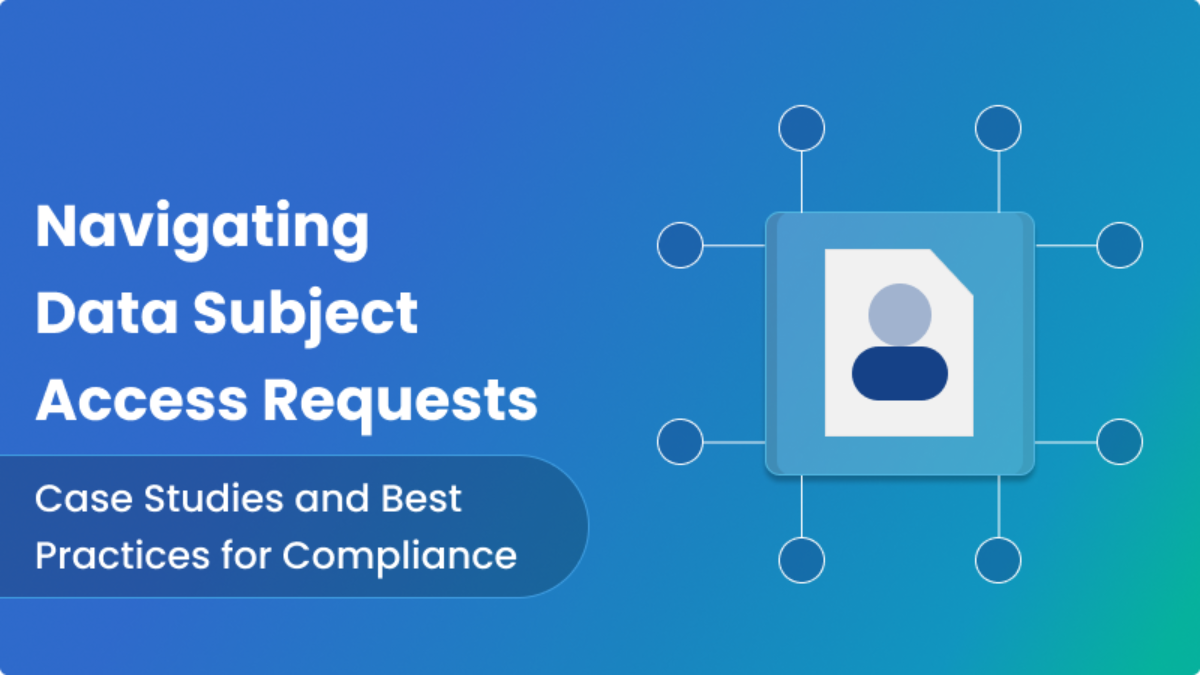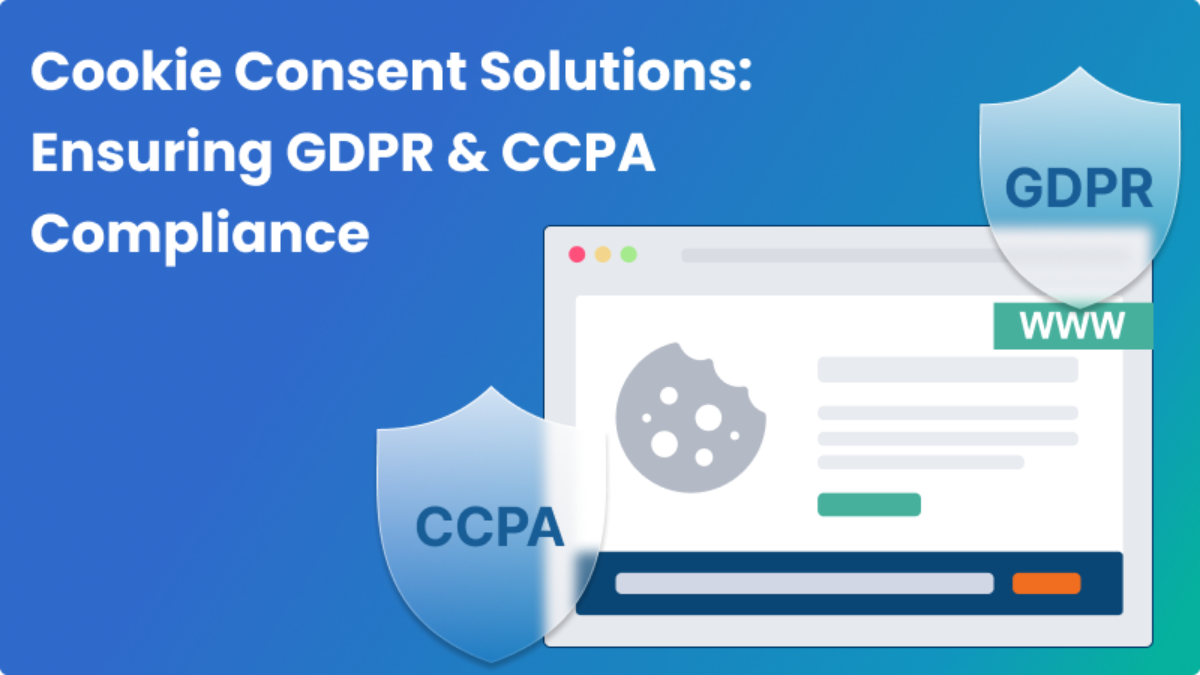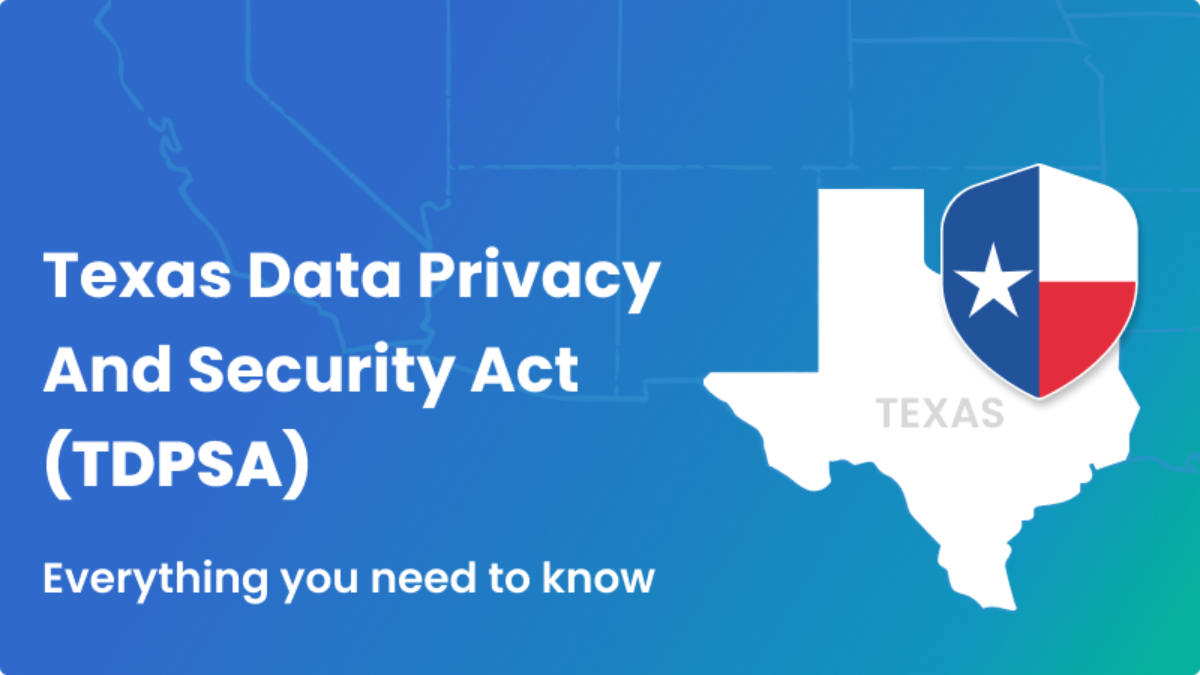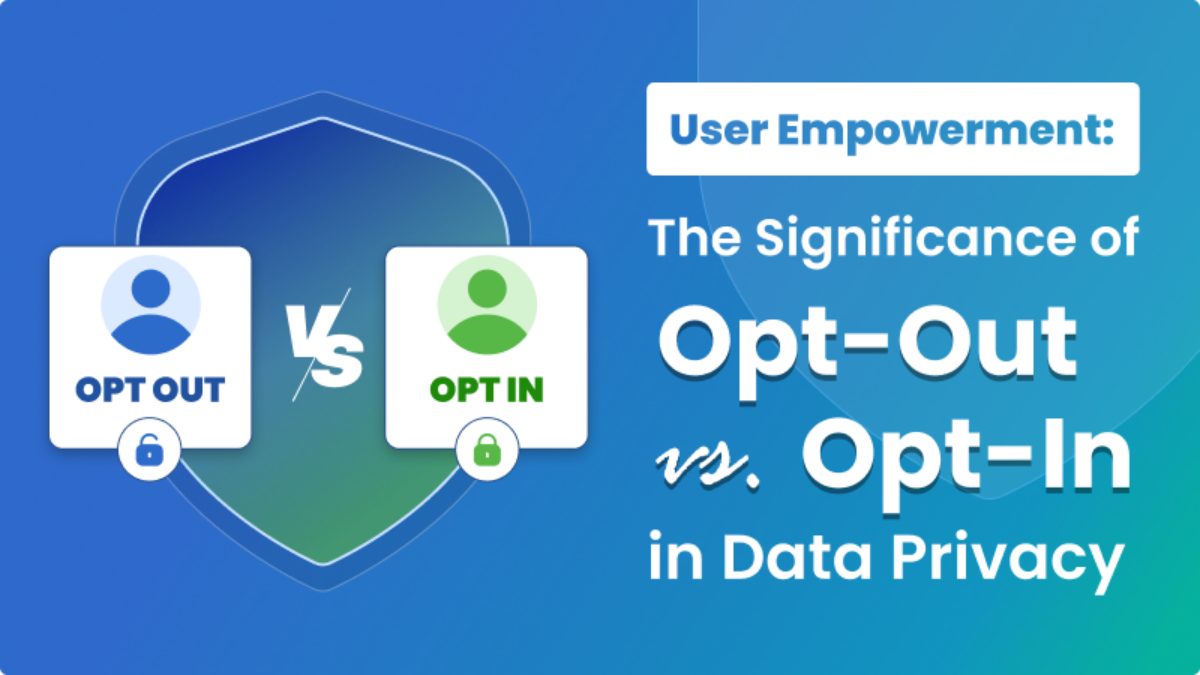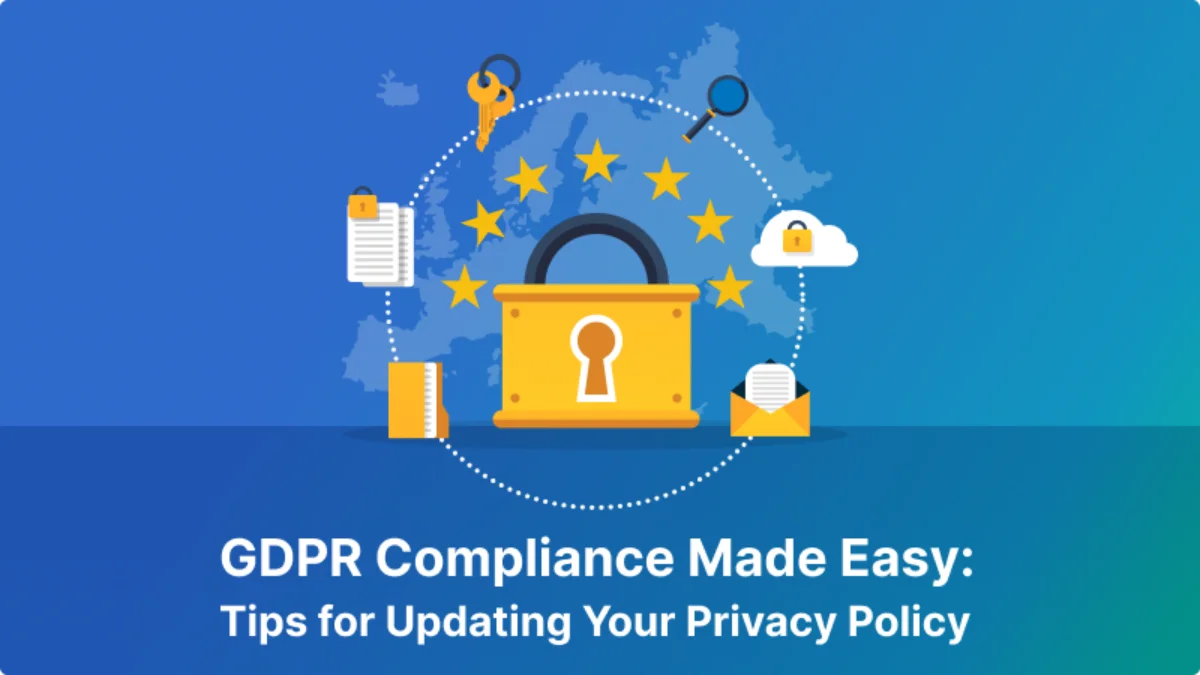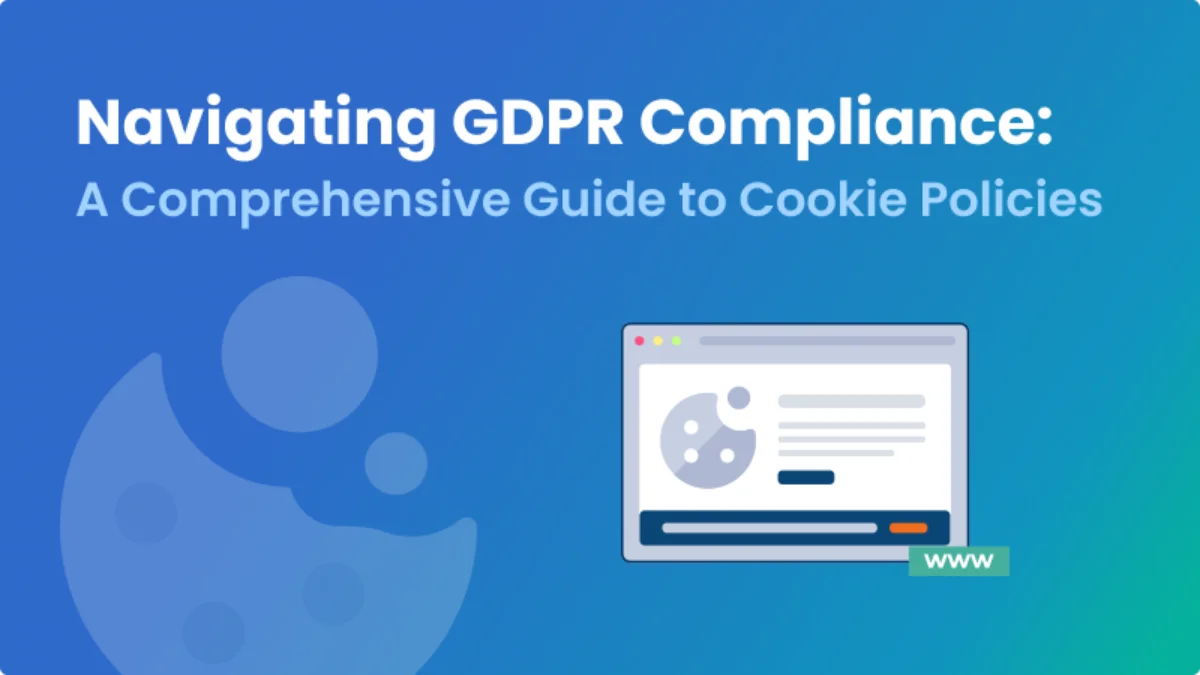Future Data Privacy Trends in the Digital Age

Introduction
In today’s technologically driven world, privacy compliance has become a critical aspect of data protection. As data breaches and privacy concerns continue to make headlines, anticipating future trends in privacy compliance becomes paramount. This blog explores the evolving privacy compliance landscape and its potential impact on data privacy in the digital age. We live in a digital-first era where data is the fuel to keep businesses up and running. But the way brands use this data makes all the difference. Privacy compliance can be a business differentiator for modern companies. Those accused of violating data privacy rights risk significant hits to the company’s reputation and customers’ trust, along with significant fines and potential legal action.
Summarizing Data Privacy Trends
Data Privacy compliance involves measures adopted by organizations to lawfully manage personal data, adhering to relevant laws like GDPR, CCPA and many other data privacy laws. It includes policies to safeguard data, obtain consent, and allow individuals to control their information. Complying builds trust, mitigates breaches, and upholds a positive reputation for privacy protection. Data privacy compliance refers to the practices and policies that organizations implement to ensure they are handling personal data in accordance with applicable laws, such as the General Data Protection Regulation (GDPR) and the California Consumer Privacy Act (CCPA). This includes measures to protect data, obtain consent from individuals, and give individuals control over their own information. Compliance with data privacy regulations helps organizations build trust with their customers, reduce the risk of data breaches, and maintain a positive reputation for prioritizing privacy.
Guidelines and Acts that have Formed Present Privacy Policies
Present privacy policies are shaped by a range of essential guidelines, acts, and regulations focused on data privacy, privacy rights, and breach notification. These frameworks aim to protect individuals’ personal information, promote responsible data handling practices, and hold organizations accountable for protecting user and customer privacy. Key guidelines and acts that have influenced present privacy policies include the GDPR, which sets stringent requirements for organizations processing EU citizens’ data, the HIPAA, focused on protecting personal health information in the United States, the CCPA and CPRA (California Privacy Rights Act), granting enhanced privacy rights to California residents, the PDPA (Personal Data Protection Act) in Singapore empowering individuals to control their data, These regulations have played a pivotal role in shaping data privacy practices and serve as the foundation for creating a more privacy-conscious digital world amidst evolving technology and increasing data flows.
Emerging Trends in Privacy Compliance in Sight with the Future
The future of privacy compliance is on the brink of transformative change, driven by technological advancements and evolving regulations. Key trends such as privacy by design, global harmonization of privacy laws, advanced user consent mechanisms, AI-driven data protection, increased accountability, and strict regulatory enforcement are shaping the landscape. Businesses must stay agile and proactive to adapt to these changes, ensuring data protection while building trust and meeting evolving demands. The future of privacy compliance holds significant implications for both businesses and individuals.”
Heightened Focus on Stricter Regulatory Frameworks
Amidst escalating concerns over data breaches, unauthorized access, and the misuse of personal data, regulatory bodies worldwide are gearing up to implement more stringent frameworks. The pervasive presence of technology-driven activities and digital data has accentuated the urgency for robust data protection measures and greater accountability from organizations. As the data privacy landscape continues to evolve, anticipate a wave of even stricter regulations encompassing comprehensive data protection requirements, accompanied by steeper penalties for non-compliance. Brace for intensified scrutiny of data handling practices, as authorities prioritize the effective upholding of individuals’ privacy rights. In this dynamic environment, staying proactive in adapting your privacy measures is key to meeting evolving standards and building unwavering trust with your stakeholders in an increasingly privacy-conscious world.
Increased focus on Data Privacy by Design
Privacy by Design is an essential aspect of privacy compliance solutions as it integrates data privacy principles into the design of products and services. By incorporating privacy considerations from the outset, organizations can ensure that data protection is at the core of their systems. This proactive approach fosters trust with customers, enhances data security, and reduces privacy risks.
Global Harmonization of Different Privacy Laws
The global nature of data flows poses a challenge for organizations operating in multiple jurisdictions. Each country or region may have its own set of data protection laws and regulations, leading to complex compliance requirements. To address this issue, there will be a growing push for harmonization of data privacy laws across different jurisdictions. Harmonization aims to align and standardize privacy regulations, making it easier for multinational organizations to navigate and comply with data protection requirements. By harmonizing privacy laws, organizations can avoid duplicative efforts, reduce compliance costs, and create a more consistent and predictable regulatory environment. Moreover, individuals’ data protection rights will be better safeguarded, as they will receive consistent data protection regardless of where their data is processed or stored.
Enhanced Consent Mechanisms for Improved User’s Control over Data
In the evolving landscape of data privacy, consent mechanisms will undergo significant changes to empower users. Organizations will adopt more transparent and user-friendly consent processes, allowing individuals to make informed choices about how their data is used. This enhanced control over data usage will foster trust and demonstrate organizations’ commitment to respecting users’ privacy rights.
Increased focus on individuals’ rights
Privacy regulations, such as GDPR, CCPA, have emphasized the rights of individuals, including the right to be forgotten and the right to access and rectify personal data. Future trends may involve further strengthening these rights and requiring organizations to provide easier mechanisms for individuals to exercise their rights.
Uncompromising Accountability and Governance
In the future of privacy compliance, organizations will emphasize accountability and governance to ensure data protection. Robust data governance practices will be essential to handle personal data responsibly and comply with privacy regulations. This involves establishing clear policies, defining roles and responsibilities, and maintaining comprehensive records to demonstrate accountability at all levels of data handling. By prioritizing accountability and governance, organizations can protect privacy rights and uphold responsible data practices.
Increased Liabilities of Organizations and Grievance Officers
As data breaches and privacy violations become more significant threats, organizations and designated grievance officers will face increased liabilities and responsibilities in upholding data protection and privacy compliance. Organizations will be held accountable for the security of the data they handle, and grievance officers will play a crucial role in addressing privacy concerns and coordinating breach responses. This calls for proactive risk mitigation, robust security measures, and effective privacy policies to protect against data breaches and ensure compliance with privacy regulations.
More Transparent Data Collection and Management Tools and Mechanisms
In the future, privacy compliance will focus on transparency in data collection and management. User-friendly tools and mechanisms will be developed to help individuals understand and manage their data effectively. This may include easy-to-use dashboards where individuals can access their data, make updates, and exercise their privacy rights. By promoting transparency and empowering individuals with data control, organizations can build trust with their customers and prioritize data privacy.
A More Resolute Role of AI
In the future, Artificial Intelligence (AI) will be at the forefront in privacy compliance efforts. AI-driven privacy compliance solutions will help organizations identify privacy risks, detect anomalies, and ensure compliance with regulations. With machine learning algorithms, AI can efficiently analyze vast amounts of data to safeguard against breaches and violations. By automating privacy impact assessments, AI enhances and strengthens overall privacy notice.
Continuous monitoring and auditing
Data privacy compliance should be an ongoing process, and future trends may involve organizations implementing continuous monitoring and auditing mechanisms to ensure compliance. This can involve regular assessments of data privacy practices, conducting privacy impact assessments, and implementing robust data governance frameworks.
Conclusion
In summary, privacy compliance is a dynamic field that requires constant vigilance and adaptation. Organizations must anticipate and prepare for future developments in privacy laws and regulations in order to effectively safeguard data. Key trends that will shape the future of privacy compliance include a stronger focus on data protection, implementing Privacy by Design principles, achieving global alignment in privacy standards, enhancing consent mechanisms, demanding strict accountability, increasing legal obligations, offering transparent data tools, and utilizing AI in data protection. By staying informed and embracing these trends, organizations can navigate the complexities of data privacy, protect sensitive information, and foster trust with their customers.
